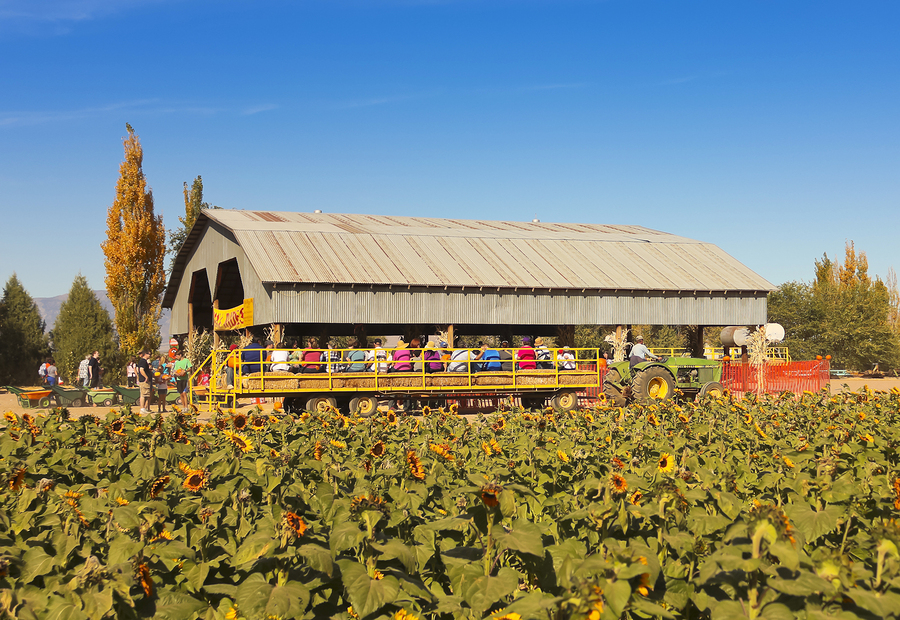Contact Us
Categories
- Kentucky Consumer Protection Act
- Judgment creditors
- Fractional Investment
- Section 1031 transactions
- Investment
- U.S. Supreme Court
- Arbitration
- Breach
- Closing
- Closing Disclosure
- Good Faith Estimate
- HUD-1 Settlement Statement
- Kentucky minimum wage
- Lenders
- Minimum wage
- Truth in Lending Act
- “Know Before You Owe”
- Commercial Real Estate
- Condemnation
- Dodd-Frank Act
- Home Equity Conversion Mortgages (HECMs)
- Land Use Law
- Mortgage
- Planning and Zoning
- Purchase Contract
- Real Estate Law
- Reverse mortgages
- Zoning Regulations
- Affordable Housing
- Deed
- Drones
- Economic Development
- Homeowners Association
- Land Surveys
- Landlord
- Lease
- National Association of Realtors (NAR)
- Plat
- Property Lines
- Property Survey
- Property Titling
- Real Estate Agents
- Rescission
- Same-Sex Couples
- Tenant
- URLTA
- Agritourism
- Boards of Adjustment
- Co-Signing
- Commercial Lease
- Conditional uses
- Condominium
- Deeds
- Emergency Preparedness
- Emotional Support Animals
- Exclusive Use Clause
- Horizontal Property Law
- Insurance Companies
- Insured
- Kentucky Condominium Act
- KRS 383.500
- LBAR
- Loans
- Natural Disasters
- Overlay Zoning
- Rural Areas
- Steenrod v. Louisville Yacht Club Association
- Title Insurance Policies
- Trulia
- Uncategorized
- Variances
- Zillow
- "Right-of-Way Agents"
- Benningfield v. Zinmeister
- Bluegrass Pipeline
- Boilerplate Language
- Building Inspection
- Code Enforcement
- Conservation Easement
- Consumer Financial Protection Bureau (“CFPB”)
- Credit Report
- Credit Score
- Dog owners
- Easement
- Eminent Domain
- ESIGN
- Federal Housing Administration (FHA)
- FICO
- General Forms
- Homebuyers
- Inspection
- Kentucky landowners
- KRS §258.235(4)
- KRS §383.580
- Multi-unit properties
- Occupancy Fraud
- Power of Attorney ("POA")
- Screening
- Security Deposit
- Servicers
- The Loan Estimate form
- Truth in Lending Statement
- U.S. Department of Housing and Urban Development
- Zoning Ordinance Text Amendment
The Rise of Agritourism & Important Considerations
Agritourism is becoming an increasingly popular way for rural property owners to earn additional income from agricultural properties. In additional to more traditional farm tours and seasonal activities such as hay rides, corn mazes and u-pick fruits, farm owners are devising new ways to bring people to their door by offering more entertainment-oriented activities. Some farmers are offering their barns as venues for weddings, parties, dances and other special events. Others are opening their homes to visitors for vacations so guests can experience life on a working farm by helping out with routine farm chores such as feeding or herding the livestock, milking the animals, making cheese, collecting eggs, picking vegetables and preparing farm fresh meals. This may sound simple and easy to accomplish but often those who want to offer agritourism activities on their rural properties are blindsided when they run in to unanticipated difficulties with regulatory authorities over building code, fire code or zoning issues.
In general, barns used for agricultural purposes are exempt from state building codes. Converting them to a rustic setting for special events can change the classification and necessitate often expensive retrofitting of the structure to make it safe for public assembly. The renovations may include fire separation walls, sprinklers, new water lines, larger septic systems, code compliant bathrooms and other improvements. Not only can these be expensive, they can diminish the rustic look that some people are looking for when they select an event site.
In addition to building code issues, using agricultural properties for special events, farm stays, corn mazes, serving farm raised meals, wineries with associated entertainment and other types of agritourism typically requires special permits from the local zoning authorities, such as a conditional use permit, that trigger the need for a hearing and notice to neighbors in the notification area. It is important to check with the local zoning authorities about whether such permits are required before opening for business. Regardless of whether special zoning permits are required, consideration must be given to the impact of the use on other properties in the area and address potential issues before they become a problem. For example, limiting the number of events could reduce neighborhood safety concerns about too much traffic on an unlit, narrow country road. Not allowing outdoor amplified music or requiring music to cease after a certain time would go a long way to prevent neighborhood complaints that the use adversely impacts the rural quality of the area.
Agrituourism has tremendous potential to provide an alternative source of income for rural property owners and can boost tourism in many areas that do not have the more urban type of activities that attract people to the area. But it is important to fully investigate local and state codes and regulations, as well as anticipate neighborhood concerns before starting up the new business.
Services may be performed by others.
This article does not constitute legal advice.


